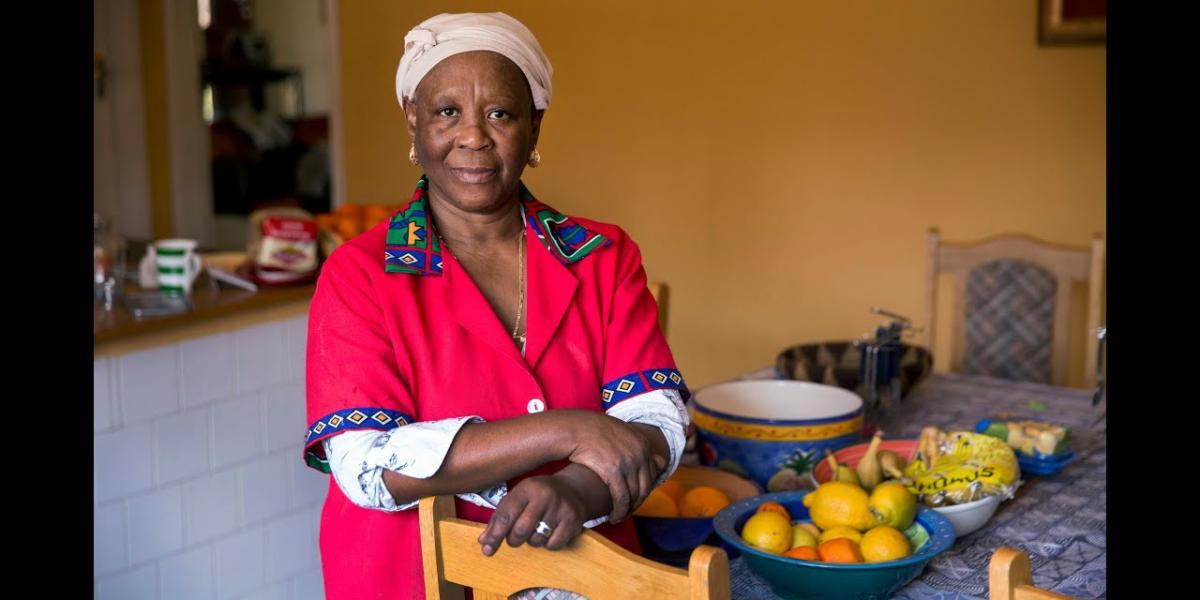South Africa : What South Africans need to know about studying abroad – including the most popular countries
- 11 April 2022 / News / 494 / Fares RAHAHLIA

With admission pressures on local educational institutions, students are increasingly opting to study abroad. An average of 11,000 South Africans study overseas each year, says Brent Morris, managing director at Sable International Study Abroad.
“Most students want to expand their study options with a view to obtaining an internationally recognised qualification, building a business network, then working internationally and even applying for permanent residence or citizenship.”
Working out which country to study in and which educational institution to study at, then going through the application process is daunting. South Africans wanting to study abroad need to do their homework. Morris offers the following key considerations:
Start with the end in mind
What is the outcome you want? Students must know why they are studying abroad and prioritise their choices accordingly. They may be choosing a destination based on their university experience, the status of their qualification, the job opportunities after graduating, or the possibility of obtaining citizenship in a country.
Consider costs
The cost of studying may determine your choice, said Sable International. “Take a serious look at your budget. In terms of tuition, countries like Mauritius and Hungary are more affordable than the UK and US. In Mauritius, you’re looking at between $8,000 and $12,000 per annum, while studying in Hungary will set you back between $6,000 and $10,000 per annum.
“Compare this to the US where tuition fees are between $10,000 and $80,000 and in the UK, where you’re looking at anything between $14,000 and $50,000 per annum,” said Morris.
“And that’s just tuition. When taking your budget into consideration, you should also factor in what your living costs will be. Let’s say you study in Mauritius, you’re looking at an additional $3,000 to $6,000. While in the UK that cost can skyrocket to $15,000, and to $30,000 in the US.”
Popular countries
South Africans often choose to go to the UK to study, and this number is expected to increase with the introduction of the new graduate visa route, said Sable International. This visa will enable a graduate to remain in the UK to seek work for a further two to three years after they’ve completed their studies.
South Africans who have completed undergraduate qualifications at local universities can now go over to the UK to complete an honour’s or master’s qualification and stay on with the graduate visa.
Other countries which offer cost-effective, excellent qualifications include the Netherlands, Mauritius and Ireland, the immigration expert said.
University applications
“Make an informed decision about the universities you want to apply to. Consider the course content in detail in terms of your career ambitions, and the costs involved, including application fees, tuition and living expenses as well any costs involving the visa application,” said Morris.
“Once you have shortlisted the universities you are considering, the next step will be to submit your applications. All the relevant documents need to be verified, you need to keep in mind all application dates and know just what each university needs from you.”
Usually, he said that applications can be made directly through the university’s website and all the required documents can be submitted this way. In some countries, applications can be made through a dedicated online platform that allows applications to more than one university at a time.
Sable International Study Abroad currently works with over 250 universities’ admissions departments, and it is a complex process. A key factor in the success of many applications are the personal statements that are a part of the application process.
Applying for a student visa
The next step once you have received an acceptance letter is applying for a student visa, said Morris.
He pointed to several requirements that can make this tricky to navigate. The first port of call would be to check the relevant government’s website and see exactly what is needed in order to apply for a student visa. Generally, you would need:
● An acceptance letter from the institution
● Proof of funding for your child’s stay
● Proof of at least a partial payment for the course
● A valid passport
● SELT certificate (if needed)
● Health insurance
An adviser will guide you through the application process (for both the university and your visa), assist in preparing the necessary documentation as well as help with the interview preparation if one is required.
Pre-departure assistance
Once you have your acceptance letter and visa, you are ready to go and you need to prepare for the big move. Things that need to be organised include:
● You will need to secure accommodation before departure. Both on and off-campus accommodation have their pros and cons so this will need to be weighed up.
● Make sure that you know you understand local transport systems.
● Think about what you need to take with you and what to buy there.
● You will also need to think about health insurance. As an international student, you will not have access to the health services of the country you are studying in and this is often a stipulation of your student visa.
source: businesstech
 English
English
 français
français
 العربية
العربية







